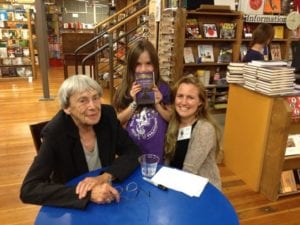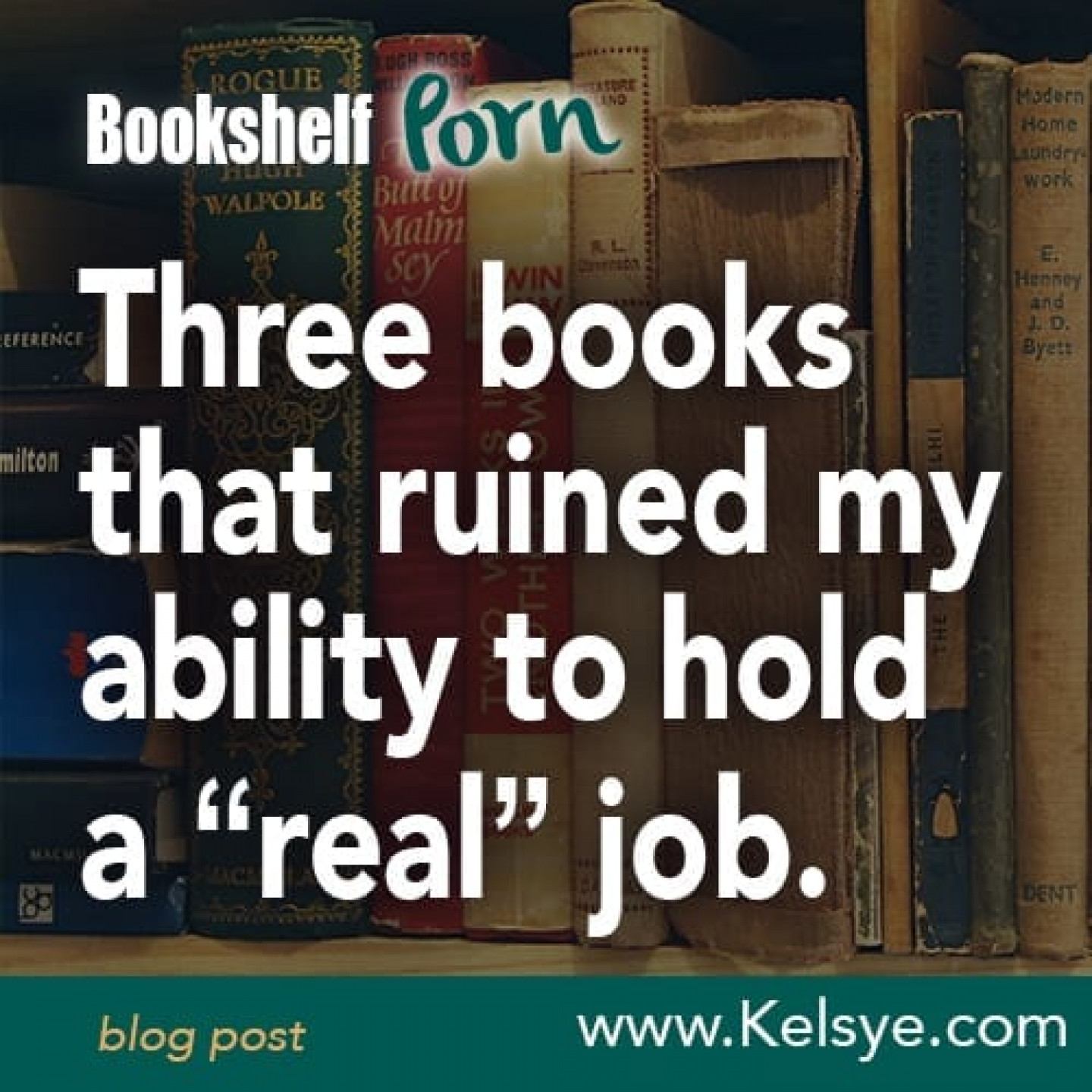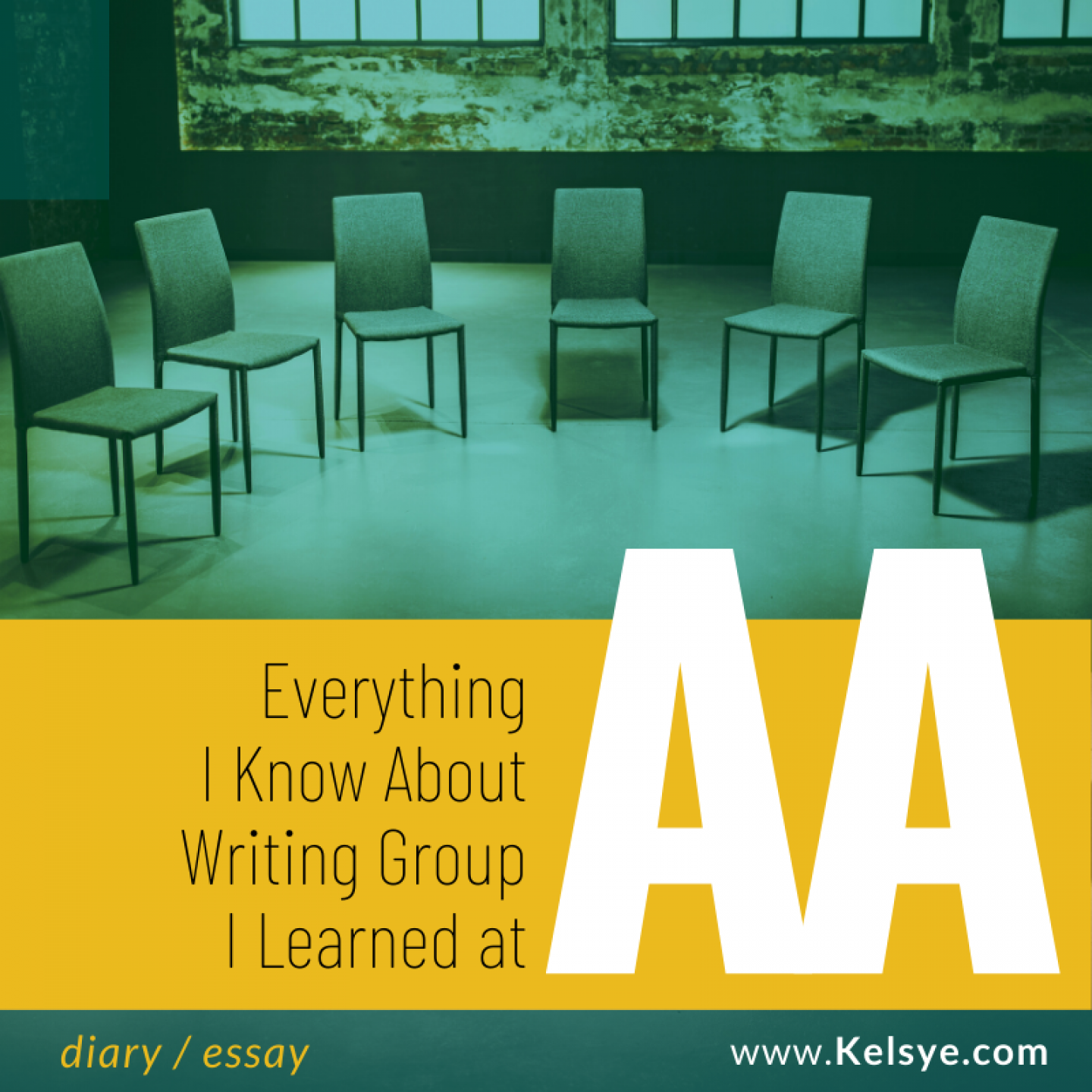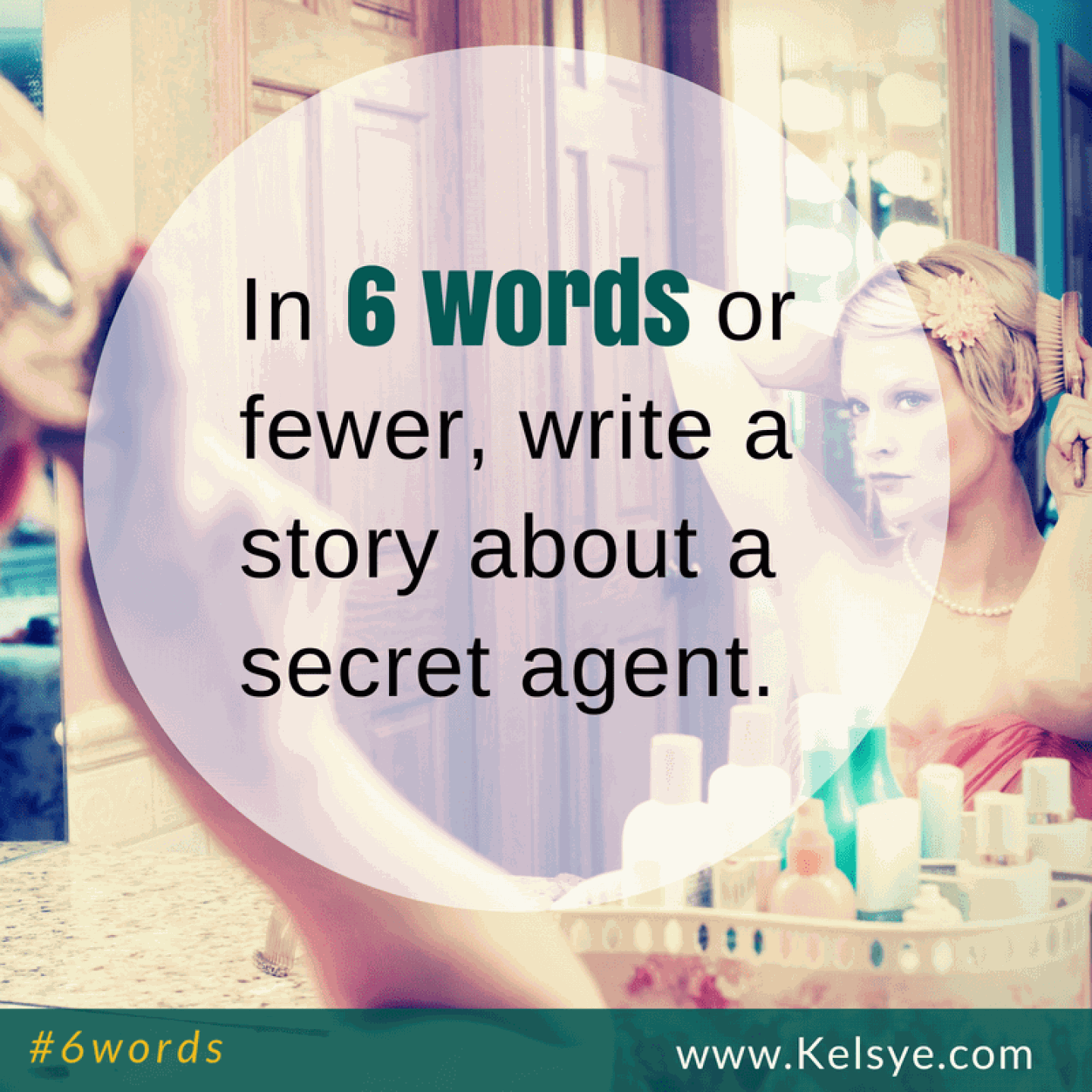
There came a point, however, when the genre exploded in a great and terrible way. Writers pumped out books faster than boobie-ful space explorer covers could be painted. Plot lines featured more violence and war than thoughtful exploration of society through artful prose. I thought to myself, these books are not for me. I lost interest in the genre and no longer visited that section of the bookstore.

That's me and kiddo hanging out with Ursula at Elliot Bay Books in Seattle.
How grateful I am that Hugh Howey came along. I first heard about Hugh through self-publishing world. He wrote and published his own books and they were wildly successful. This garnered some attention. I knew more about Hugh and his publishing process than I did about his actual books. One Friday evening, I decided I better read one and see what all the fuss was about. I downloaded Wool, the first book in his Silo Series and and stayed up until I finished it. I immediately bought the next, then the next. I spent my entire weekend sitting on the couch reading his books. These were days well-spent.
Reading Hugh's books taught me that there are still authors with interesting things to say publishing in the scifi genre. When Kindle released it's "unlimited" program, I decided to browse the best sellers in the dystopian section to see if there was something that caught my attention. I discovered Marcus Sakey's Brilliance series. The same thing happened. I read the first one in one sitting, read the next one the following day. How horrified I was to learn that the next book in the series won't be available for months. For the first time in a long time, I am anxiously awaiting the publication of a science fiction novel.

 You may read thousands of books in your lifetime, but there will always be those few special ones that impact your mortal trajectory in major ways. Books inspire us, show us glimpses of the kind of lives we want to live, of the kind of people we want to be. For those of us who discover the nature of our souls vary greatly from the people that surround us in real life, books can show us understanding, give us a familiar home.
You may read thousands of books in your lifetime, but there will always be those few special ones that impact your mortal trajectory in major ways. Books inspire us, show us glimpses of the kind of lives we want to live, of the kind of people we want to be. For those of us who discover the nature of our souls vary greatly from the people that surround us in real life, books can show us understanding, give us a familiar home.








